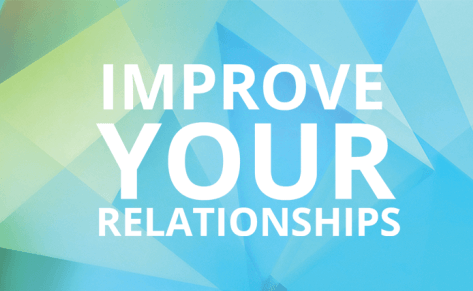Emotional Acceptance: Why Feeling Bad is Good Part 1 – By Stuart Davenport
Reclaiming Your Diagnosis Part 1
Last month I talked about considering the wider context to what we understand as not only the causes of depression and anxiety but the reason for them too.
How for me I began to understand those feelings as signals to guide me away from the things that were hurting and draining me, and towards the things that met my true needs.
I take this one step further this month to offer a observation on what I believe has been a crucial part during my own recovery and a way to reclaiming my experience from the trap of a diagnostic fog.
I propose that one of the main causes of psychological problems is the pattern of relating to our emotions with avoidance (David Barlow, Steven Hayes). Which I will explain further.
Firstly I acknowledge that many will ask surely the attempt to avoid negative emotions is a reasonable thing? After all, negative emotions don’t feel good, and they are often linked in our minds to negative events that we want to avoid or forget. Of course, we are all familiar with the momentary relief that avoidance can provide. If the thought of speaking up upsets me, then I can make myself feel better by deciding not to speak.
Indeed, avoidance is an effective solution in the short term offering protection from biologically and psychologically overwhelming encounters and for many people necessary to survive traumatic experiences that can occur at any time in our life. In fact for many it is a totally involuntary reaction triggered by the bodies own fight, flight, freeze threat response.
Long term, however, it becomes a bigger problem than whatever was being avoided in the first place. And life, if you’re at all lucky, is a long term proposition. I will therefore be talking about the type of avoidance that we have some control over separate from the biologically driven response to trauma.
The cost of avoidance
Short term gain, long term pain.
When you avoid the short term discomfort of a negative emotion, you resemble the person who under stress decides to drink. It ‘works,’ and the next day, when bad feelings come, they drink again. So far so good, short term. In the long run, however, that person may develop a bigger problem such as an dependency on it as a way to mediate the unresolved issues they had avoided by drinking.
The pursuit of important goals in life will always involve going through some challenging times and situations, and an unwillingness to ‘pay the toll’ of discomfort for the trip may lead you to narrow your life.
Avoidance as a prison.
As you begin to feel the need to avoid many situations, people, experiences and places that may bring the negative emotion to mind, stir it, or remind you of it the weaker you feel. As the more your coping skills diminish the less of life you can experience.
Avoiding negative emotions is futile.
Telling yourself that a certain emotion is intolerable or dangerous traps you in constant vigilance regarding the very thing you’re trying to avoid. You become hyper-vigilant about any possibility of this feeling arising. The fear of the impending negative experience becomes a negative experience in itself.
Denial of the truth
Is like someone who looks out the window, sees rain falling, and then tells themself: “it can’t be raining.” Clearly it can, and it is. Sure, you may not like rain. But denying the fact that it’s rain is unlikely to solve the problems posed by rain.
Always anxious
Avoidance lengthens the period of anticipation, and anticipatory anxiety is usually a much more toxic condition than the actual situation being anticipated.
This is because when you anticipate, your imagination is unbounded by actual situational demands. You can go anywhere in your head regarding something that hasn’t happened yet, and so you’ll often go wild with negative, catastrophic scenarios.
Yet once actually in the feared situation, your mind becomes bounded by the parameters of what is happening around you. When seen alongside each other what is actually happening is usually less than the imagined or catastophic. Catastrophes of the imagination are really rare. Reality generates many fewer extreme situations than the unbounded imagination.
What am I losing
It is important to understand the function of emotions in general. Emotions are a source of information. Your emotions tell you something about what’s going on with you and around you. Emotions, however, are not the only source of information available to you. You also have your rational thoughts, your stored knowledge and experience, your values and goals. Information provided by emotions needs to be evaluated in light of these other sources in order for you to decide how you want to respond in the situation.
Given that is a big topic and I will return to this in part 2 next month.

